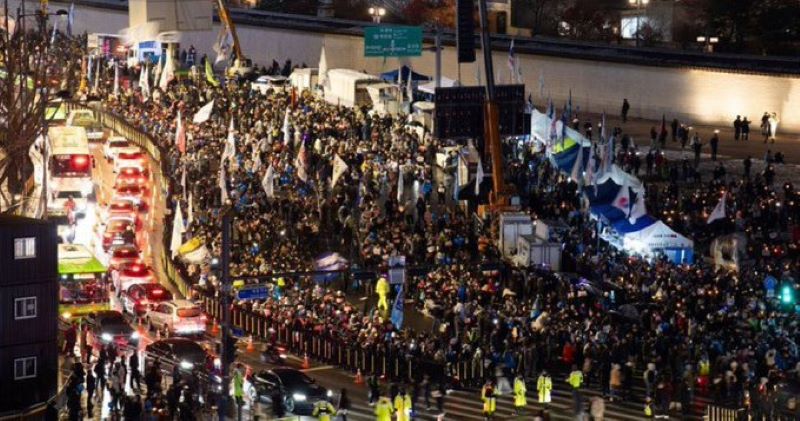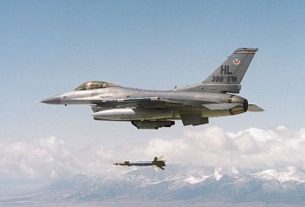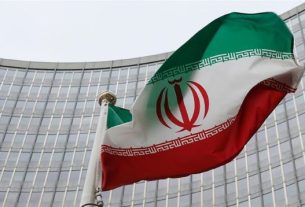South Korea in Political Turmoil as Martial Law Sparks Protests
SEOUL, December 2024 — South Korea’s President Yoon Suk Yeol has declared emergency martial law, citing threats from North Korea and internal anti-state elements. The move has provoked widespread backlash, with the National Assembly voting overwhelmingly to block the measure. Both the ruling People Power Party and the opposition Democratic Party condemned the declaration as unconstitutional and a danger to South Korea’s democratic foundations.
Protests erupted outside the parliament in Seoul, with demonstrators chanting “No to martial law!” as riot police deployed in force. The declaration, which suspends civil liberties and imposes military rule, marks a significant political crisis in South Korea, evoking memories of its authoritarian past. It is the first martial law declaration since the 1980 Gwangju Uprising, a dark chapter in the nation’s history.
The National Assembly’s rejection has left the legal status of the martial law order in question, while political tensions continue to escalate. Opposition leaders accused President Yoon of exploiting fears of North Korea to consolidate power amid ongoing disputes over the 2025 national budget.
Observers warn that the conflict could deepen political polarization, undermining public trust in democratic institutions. President Yoon has yet to address the parliamentary vote directly, and his administration remains defiant, insisting that the measures are necessary for national security.
Meanwhile, the international community watches closely, concerned about potential impacts on the region’s stability. Pro-democracy advocates and legal scholars have called for immediate dialogue to resolve the impasse peacefully.





